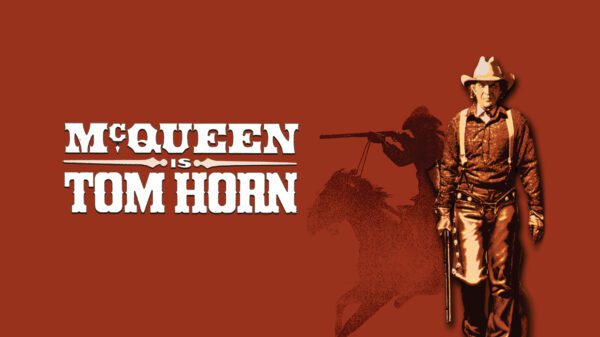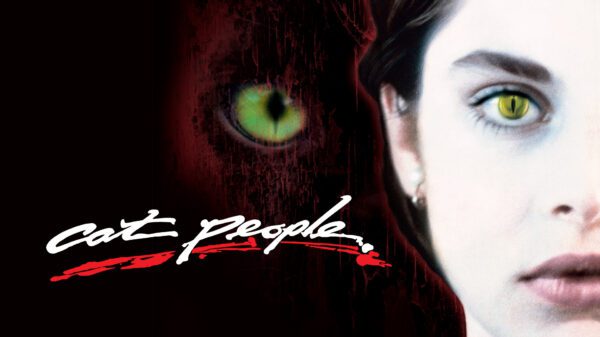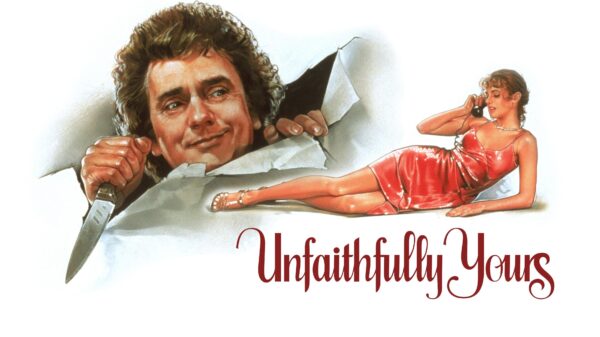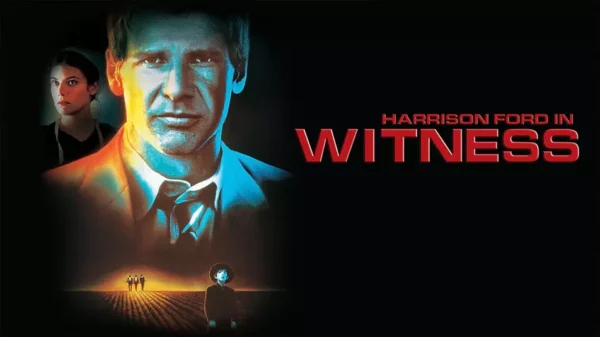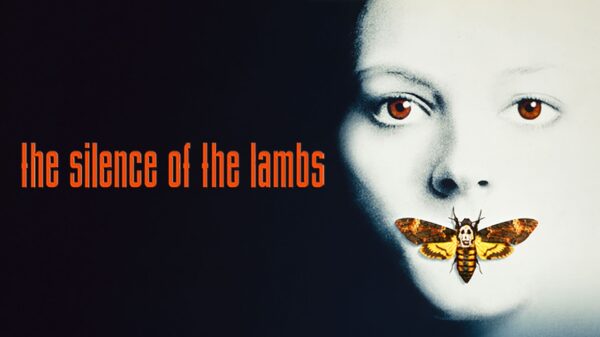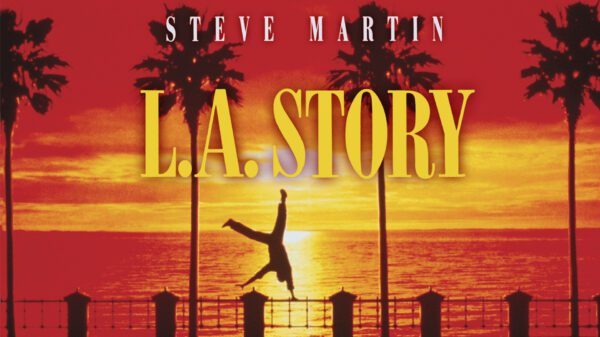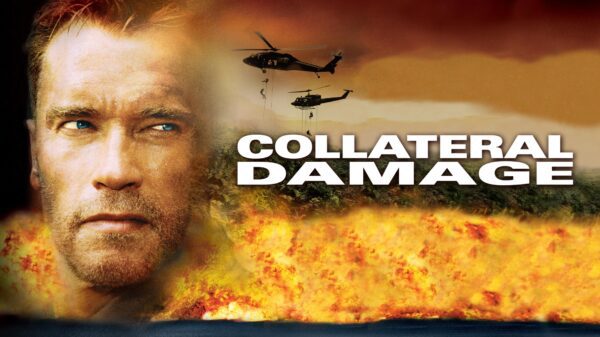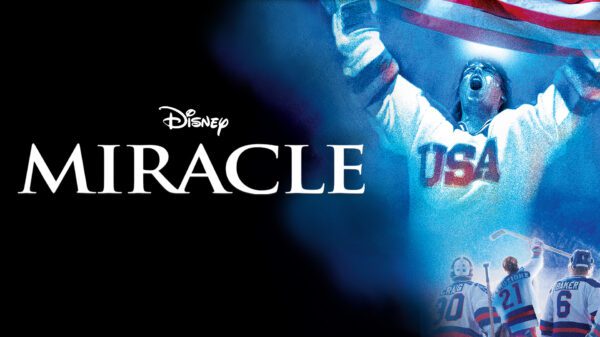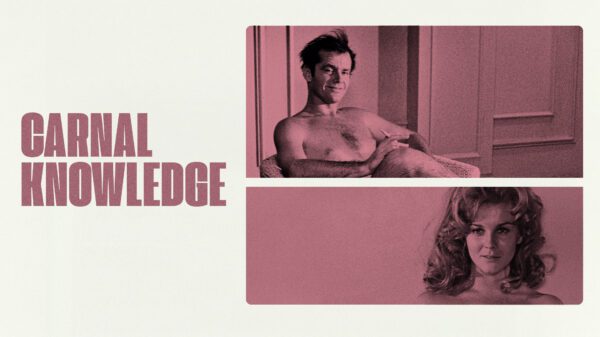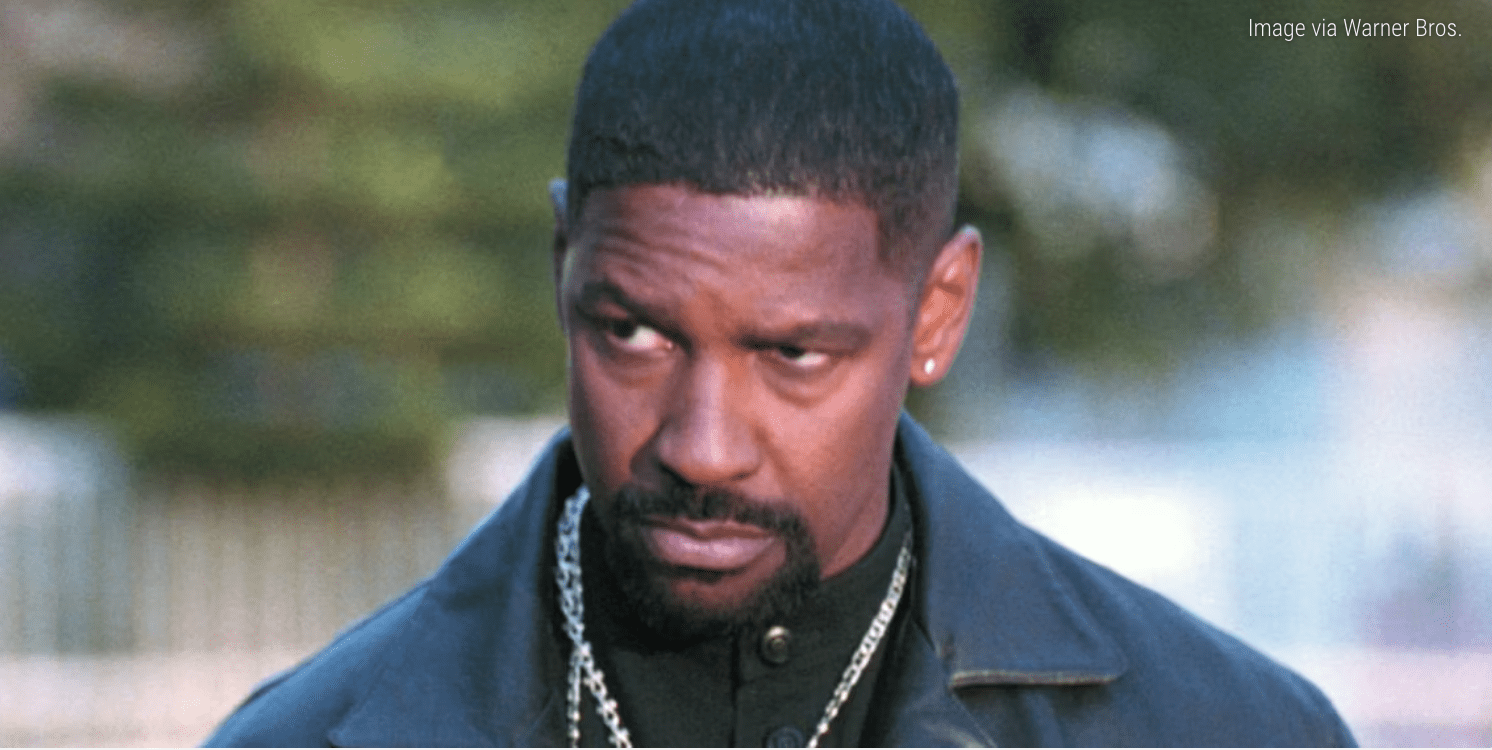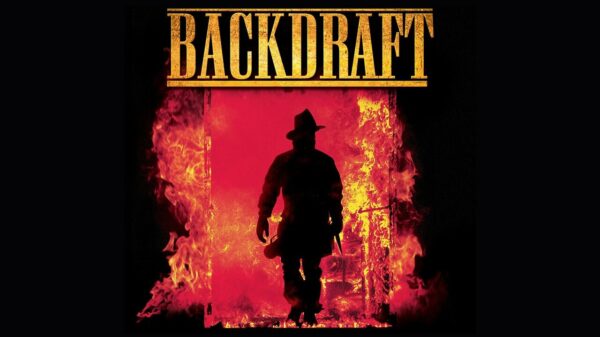The Two Jakes , released in theaters on August 10, 1990, is a complex and often-overlooked sequel to the film noir masterpiece Chinatown. Set in 1948 Los Angeles, a decade after the events of the first film, it sees private investigator Jake Gittes (Jack Nicholson) still thriving in his profession, now with a new case that dredges up old ghosts.
Gittes is hired by a volatile real estate developer named Jake Berman (Harvey Keitel) to document his wife’s infidelity. However, the surveillance turns deadly when Berman shoots and kills his wife’s lover, who happens to be his business partner.
The seemingly straightforward murder quickly unravels into a tangled web of deceit, betrayal, and a mystery that links back to the original film’s themes of water, oil, and land development in the San Fernando Valley. As Gittes investigates, he finds himself drawn into a conflict involving gas rights, corporate power, and the sins of the past.
The sprawling cast includes Meg Tilly as Berman’s beautiful and mysterious wife, Eli Wallach as a veteran land developer, and a supporting cast featuring Madeleine Stowe, David Keith, Ruben Blades, Richard Farnsworth, Frederic Forrest, Tracey Walter, and Perry Lopez, all playing parts in the intricate puzzle.
Nicholson, who also directed the film, masterfully recreates the atmosphere and tone of the original, with a plot that is as convoluted and morally ambiguous as its predecessor.
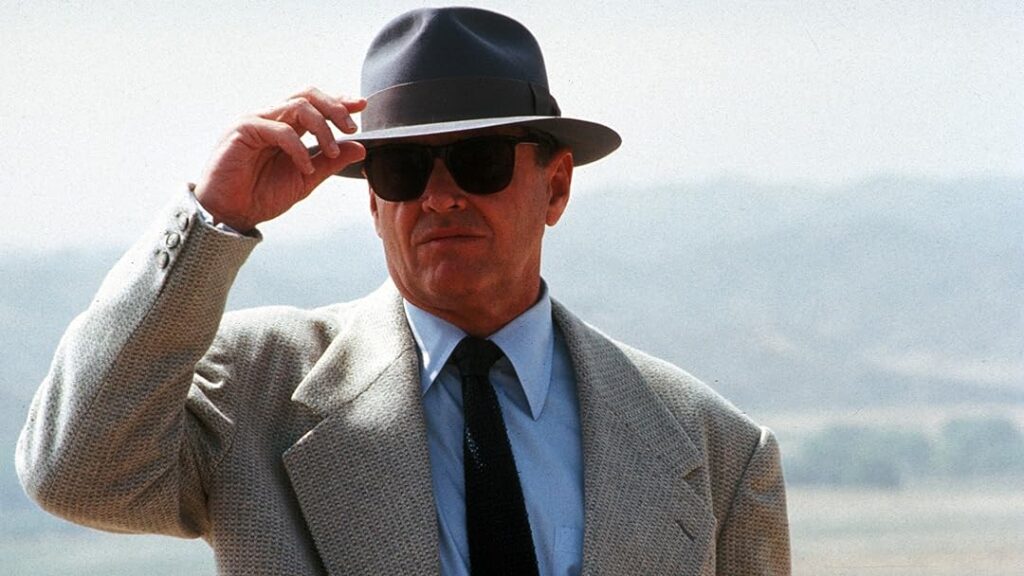
Jack Nicholson in The Two Jakes (Photo/Paramount Pictures)
Reception for The Two Jakes
The Two Jakes grossed $3.7 million on its opening weekend, finishing No. 8 at the box office.
The film would gross $10 million in its theatrical run during the epic summer of 1990’s blockbusters lineup.
Roger Ebert gave the film three and a half stars in his review.
Legacy
The Two Jakes arrived with the weight of its predecessor, and its legacy is often defined by this comparison. While not as universally acclaimed as Chinatown, it has gained a cult following over the years for its challenging and rewarding narrative.
The film’s moody atmosphere and intricate plotting are praised, as is Nicholson’s confident performance and direction.
It stands as a brave attempt to continue a story that many considered complete, delving deeper into the long-term psychological toll on Jake Gittes and exploring how the corruption of the past continues to haunt the future. It is a film that rewards patience and close attention, cementing its place as a fascinating, if divisive, piece of cinematic history.

